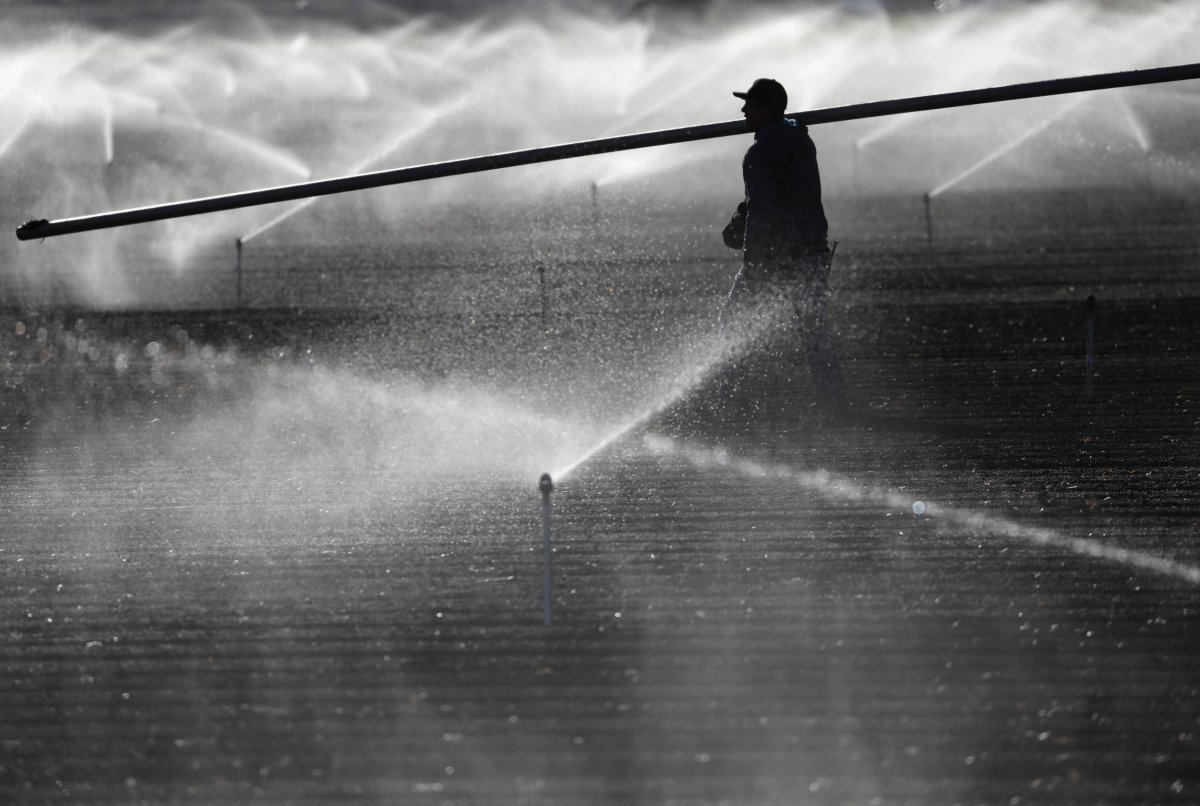Water, water everywhere—but not necessarily in the places it used to be. Even just in the past two decades, freshwater has been on the move in what scientists are now realizing represents "major hydrologic change."
That's according to a new study published in the journal Nature. The study looks at freshwater between 2002 and 2016 and suggests that water distribution is becoming more extreme—places that used to have more water have even more water, and places that used to have less water have even less water.
That's due in part to human activities like agriculture, but also to the consequences of climate change.
The study was based on data produced by the Gravity Recovery and Climate Experiment, or GRACE, a pair of NASA satellites that orbited Earth and detected small changes in gravity caused by higher or lower amounts of water.
That analysis showed some distinct trends. "What we are witnessing is major hydrologic change," co-author Jay Famiglietti, a hydrologist at NASA's Jet Propulsion Laboratory in California, said in a press release. "We see a distinctive pattern of the wet land areas of the world getting wetter—those are the high latitudes and the tropics—and the dry areas in between getting dryer."
Typically, those changes were pretty dramatic. The study chopped the world into 34 regions, all but one of which either gained or lost about as much water as can be held in Lake Mead in Nevada. A third of the regions saw changes about 10 times as large.

The authors then paired that data with information about land use and climate change to try to understand why they were seeing the specific water movement patterns in GRACE's data. That included tracking down changes caused by melting ice sheets and glaciers as well as included human activity, like irrigation for agriculture and pumping groundwater out to drink.
The GRACE mission ended last year but its successor, GRACE Follow-On, is currently scheduled to launch on May 22, after several delays. If all goes well on Tuesday, NASA will once again be monitoring the movement of freshwater around the globe.
Uncommon Knowledge
Newsweek is committed to challenging conventional wisdom and finding connections in the search for common ground.
Newsweek is committed to challenging conventional wisdom and finding connections in the search for common ground.
About the writer
Meghan Bartels is a science journalist based in New York City who covers the science happening on the surface of ... Read more
To read how Newsweek uses AI as a newsroom tool, Click here.








